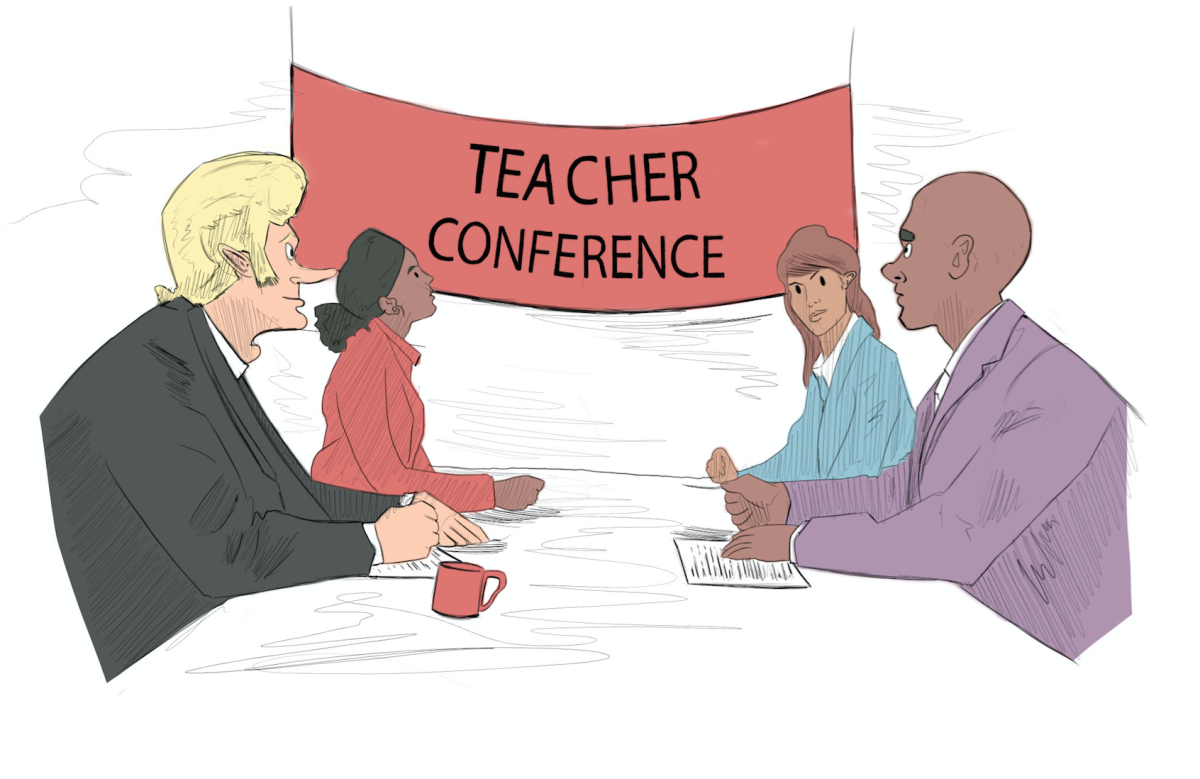Diversity is a powerful thing. America is built on the foundation of people from all colors and creeds coming together to make a home for everyone.
Obviously this spirit of inclusivity wasn’t perfect. All colors meant all shades of white, and all creeds meant all Western Europeans. Slavery was the norm, and women couldn’t vote.It’s still not perfect today. Racial prejudice and sexual harassment still exist. Those in the LGBT community are still targeted by traditionalists.
Perfection is a hard thing to achieve, but it’s important for us to try. As horrible as many people like to say America is these days, we’ve come so far.
Women can vote, black people can mingle with white people and LGBT people aren’t portrayed as serial rapists. Politically correct culture may be trying to stamp out our rights, but for the time being, we can still legally say and believe anything we want to.
There’s always more we can do, and change for the future lies with the youth. One of the biggest times for development for youth these days is college.
College is the time for young people to fully pursue and complete their education. But it’s also the place where we live among other people and interact with large amounts of people who are completely different from us for the first time.
As a result, college is also largely about expanding our horizons and learning to be more well-rounded people. It’s important to understand others and learn to live with one another. To that end, the University does a fine job cultivating diversity.
The University’s teaching staff is 79 percent white. The number is admittedly disproportionately high. Roughly 32 percent of Louisiana’s population is black, but minorities together make up only 15 percent of the University’s staff.
However, this discrepancy doesn’t suggest racial bias on the part of the University. It’s possible white people are more likely to search for jobs in academia or are more likely to look to our specific university for work. Without the proper research, it’s impossible to conclude either way.
Representation is a crucial aspect of inclusivity, but it doesn’t tell the whole story. Minorities are called so because they represent a smaller portion of the population. We can’t change the numbers, but we can affect how we treat them.
According to the University’s Campus Climate Report, around one-third of women at the University have been made uncomfortable by behaviors related to gender. The number sits around 50 percent for LGBT people. These rates could certainly be a lot better. But we’re making good progress overall.
Historically, Louisiana is a traditional culture. Tradition is good in many ways and bad in many others. Unfortunately, some of those traditions are exclusionary of a lot of people. Regardless, we’re making progress toward a more inclusive future, and it seems we’ll keep up that trend.
Kyle Richoux is a 20-year-old sociology junior from LaPlace, Louisiana
Opinion: LSU faculty diversity promising, step in right direction
By Kyle Richoux
September 28, 2018
teacher








